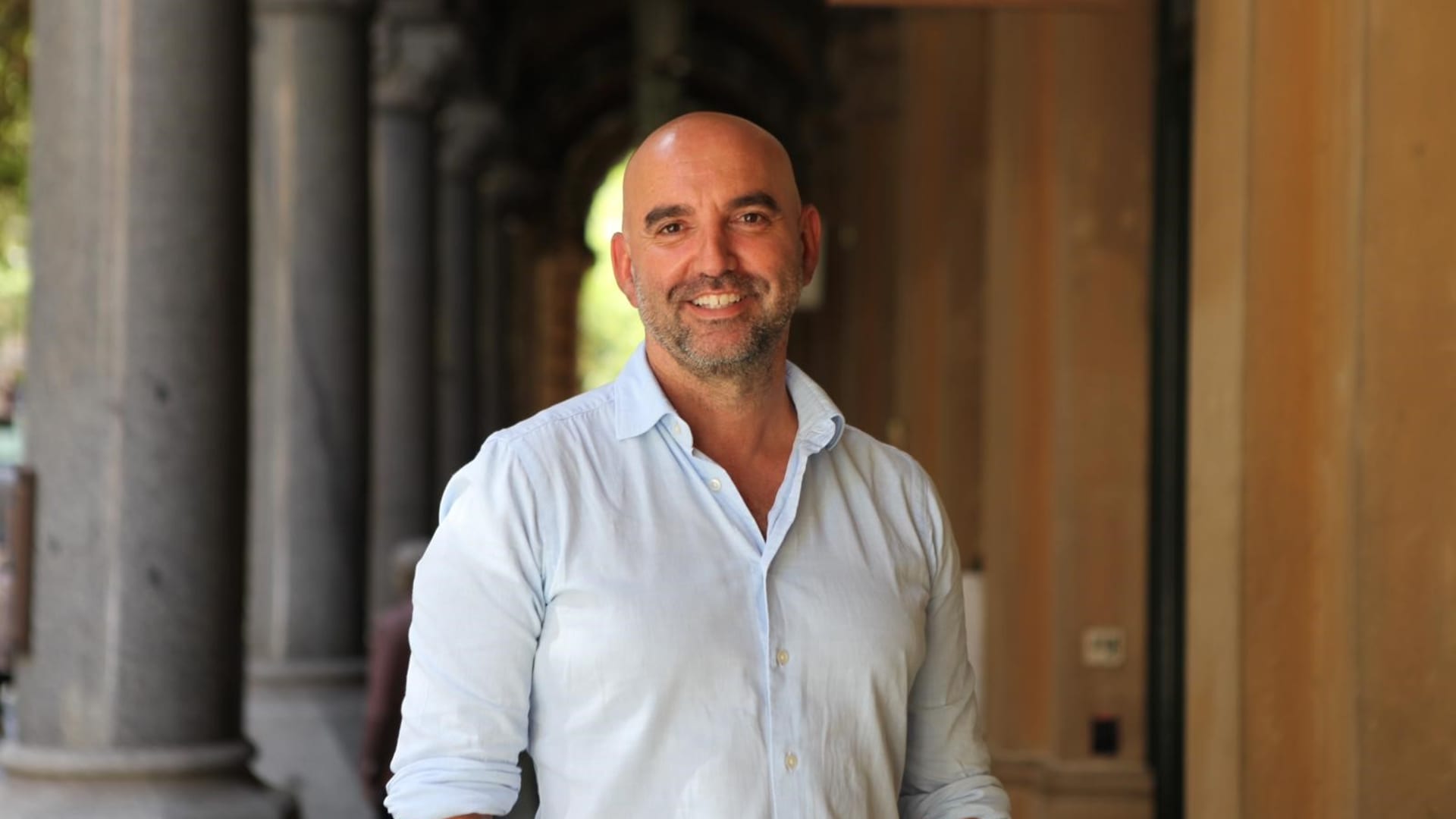Cheaper, faster-growing, and of a higher quality than the rest of the market. Those are the qualities that outperforming portfolio manager Jordan Cvetanovski has looked for in stocks for the past nearly 20 years. And the results have proven to be consistent throughout the global financial crisis, the era of zero interest rates — and now, high interest rates. “In my career, I’ve managed several different funds, and they’ve all tended to have very similar kind of similar type of performance … and the reason for that is that whenever we create a fund, we make sure that the fund is cheaper than the market and growing faster than the market and is higher quality than the market,” he told CNBC Pro last week. On a one-year basis to May 31, his Pella Global Generations Fund has delivered nearly 20%, outperforming its benchmark — the MSCI ACWI (the MSCI’s flagship global stock index) — by 7%. When he was managing the Pengana International Equities Fund at Australian fund management firm Pengana Capital Group between 2015 and 2021, that fund delivered 12.1% per year — beating the same benchmark by 2.1% per year. At French asset management firm Carmignac, his Carmignac Grande Europe Fund returned nearly 16% between 2006 and 2010, beating its benchmark, the Euro Stoxx index, by a whopping 27.3% in that period. He was managing his own family’s assets between 2011 and 2014. ‘Obsessed’ and ‘disciplined’ Cvetanovski said he’s “very obsessed and … disciplined” in looking at valuations, something he said many investors weren’t concerned about during the era of zero rates. “Our way of valuing businesses is free cash flow yield,” he said, adding that he avoids metrics like accounting earnings as there are “too many tricks” involved. “We don’t generally step into crowded stocks,” he added. “Because they’re expensive. So that gives us a very differentiated profile over time. It allows us to outperform in the long term.” Though he’s “OK” with underperforming between three and nine months, he otherwise aims to be performing consistently near the top. “So if you were to marry a growth fund, and a value fund and you put them together, the baby would be what we do,” he said. As an investor, Cvetanovski, who is based in Sydney, Australia, said he invests only in his own 34-stock fund, the Pella Global Generations Fund. Any extra money he has is put back into Pella Funds, the company he started in 2021. “For me, it makes total sense for me to invest my money in these 30 great quality businesses that will continue to grow over the next five years, no matter what happened,” he said. These are the top holdings of his fund — 12% of which is in cash — as of May 31: 3i Group , Adobe , Alphabet , ASML , IQVIA , JD Sports Fashion , Marsh & McLennan , Novo Nordisk and UnitedHealth . Investing ‘won’t be as simple as it was’ Cvetanovski said his method of investing has stayed “exactly the same” through the years. “The methodology is the same. Everything that I do, I’ve been doing through before the GFC … after the GFC, the low interest rate environment, nothing has changed. And I’m very happy with the way we invest,” he said. But he said it “won’t be as simple as it was” over the past 10 years, when “you say just buy equities because interest rates are zero.” Nevertheless, he said he would still put the majority of his money in stocks because he believes there’s still growth and good valuations out there. “I think there’s performance still available if you just avoid looking at the top seven stocks,” he said, referring to the seven megacap tech stocks that’s dominated the S & P 500 returns for much of this year. “Everyone owns them. It’s time to really do some work and find some other companies.” ‘Best place to invest’ So what’s the cheaper route to buying into growth? Cvetanovski cited the electric vehicle industry as an example. “Why do you want to buy Tesla , which is extremely excessively valued at the moment, when you can play the EV sector through buying something much cheaper, like copper and lithium, for example … or a battery business,” he said. “So if Tesla succeeds, if EVs succeed, you don’t have to pay up, you can make a lot more money owning something a lot cheaper right now and that is in copper,” he added, saying that a lot of copper is needed for the transition to EVs and the shift to renewable energy. “We believe the best place to invest right now is commodities,” he said. He added that China is quite cheap right now and is drawn to companies in its EV industry. He said companies listed in the U.S. are more expensive than companies of “equivalent quality” in Europe, where he said there’s more value. Ethical investing Cvetanovski isn’t striving for gains at all costs, however. He said he avoids industries he views as harmful, steering clear of weapons and tobacco companies — even fast fashion, for example. “I really dislike some of these trends, that I think are very harmful. So I do think that the world needs to go back to consuming less but consuming high-quality things that lasts longer,” he said. Following sustainability criteria is one of Pella Global Generations Fund’s objectives. That means excluding companies in those so-called harmful industries — which also include casinos and alcohol — and keeping to carbon intensity targets. “We believe in the long term more and more managers will end up managing funds in a way that takes into account a company’s approach to ESG,” he added.


